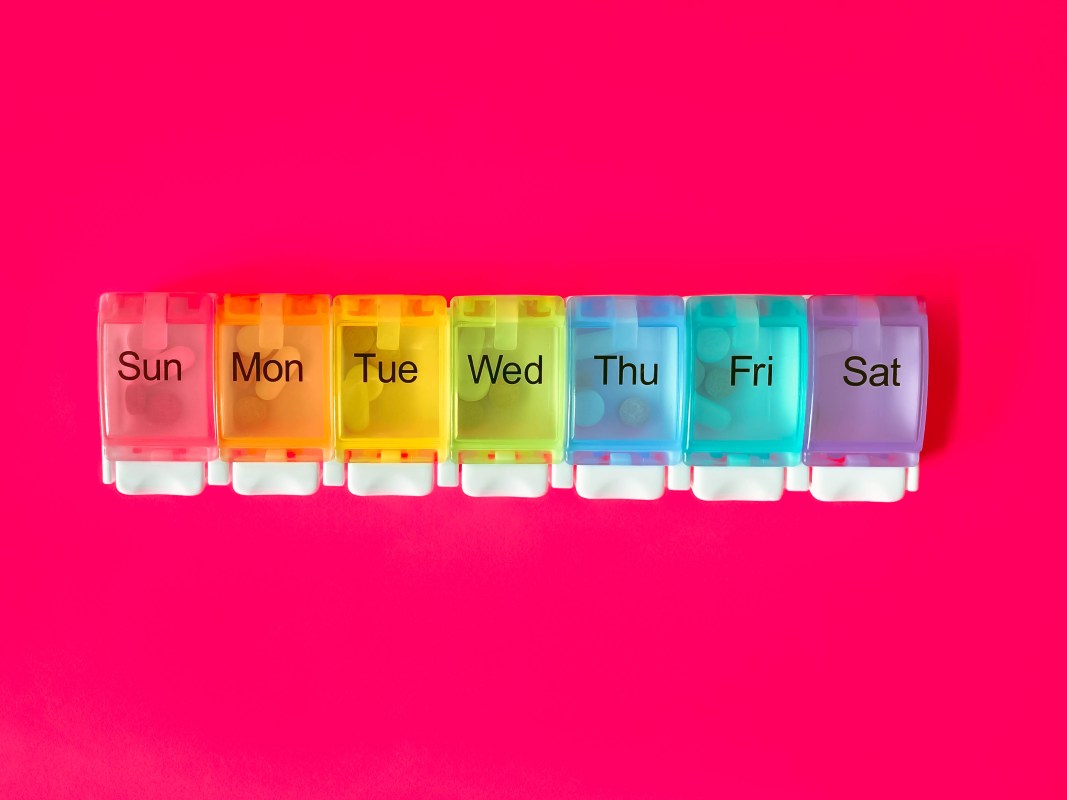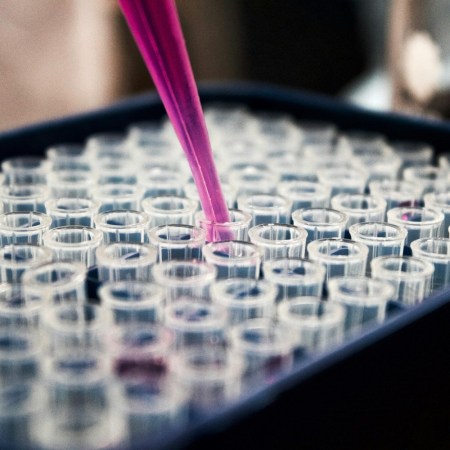In the decade from 2005 to 2015, some 17.5 million Americans were diagnosed with depression each year. Antidepressant prescriptions soared in kind; nearly 58% of these people were put on an SSRI (or an SNRI, or some other ascendant booster/inhibitor).
By 2018, according to data from the National Health and Nutrition Examination Survey, 13.2% of American adults over the age of 18 were using antidepressants. We don’t have the latest statistics, but that number is almost certainly higher in the wake of COVID-19, which provoked a depression epidemic within the pandemic. Not to mention, Gen Z is now aging into the workforce. The young cohort is more likely to address a major depressive episode than older generations.
On one hand, it’s great to see so many Americans taking a proactive approach to their mental health. But somewhere along the way, we may have started giving antidepressants too much credit. As The New York Times discusses in a recent report, SSRIs aren’t as simple or effective as most people have been led to believe: “The ‘chemical imbalance’ theory gained a foothold in the cultural psyche and was promoted by ads for the medications.”
While antidepressants do appear to tinker with so-called “chemical imbalances” (improving neurotransmitter function for serotonin, norepinephrine and dopamine), prominent studies associated with the field contain a few eyebrow-raising disclaimers:
- Around 60% of patients respond positively to antidepressants
- Antidepressants can help people improve 9.6 points on a depression scale, but a placebo can help them improve 7.8 points
- People with depression don’t have less serotonin than people without depression
What should we gather from all of this? Well, know that scientists don’t think antidepressants alone are the answer to optimized mood-regulation or quality of life. (They’ve known that for a little while now, but people are more likely to see commercials from drug companies during NFL games than seek out pioneering pharmacological studies online.)
At the same time, though, it’s not like SSRIs don’t work. Despite their alarming similarity to placebo pills, they’re still 25% more effective than a Skittle. That counts for something. The key is placing them within a larger treatment framework, and not counting on them as the first (or necessarily best) option out there.
Ultimately, certain lifestyle prescriptions could have a resounding impact on managing your depression. Doctors are increasingly likely to monitor habits “such as sleep, diet and exercise,” and “recommend behavioral changes, [like] therapy or meditation before medication,” according to the Times.
That’s not a vote for holistic medicine so much as it’s a PSA that you have some measure of control over the at-times unpleasant meanderings in your mind. Running eight miles after eight hours of sleep isn’t a cure-all either, but regardless of whether effective antidepressants are in your neural pathways, healthy habits will give you an even better shot at finding balance in the brain.
The Charge will help you move better, think clearer and stay in the game longer. Subscribe to our wellness newsletter today.


















